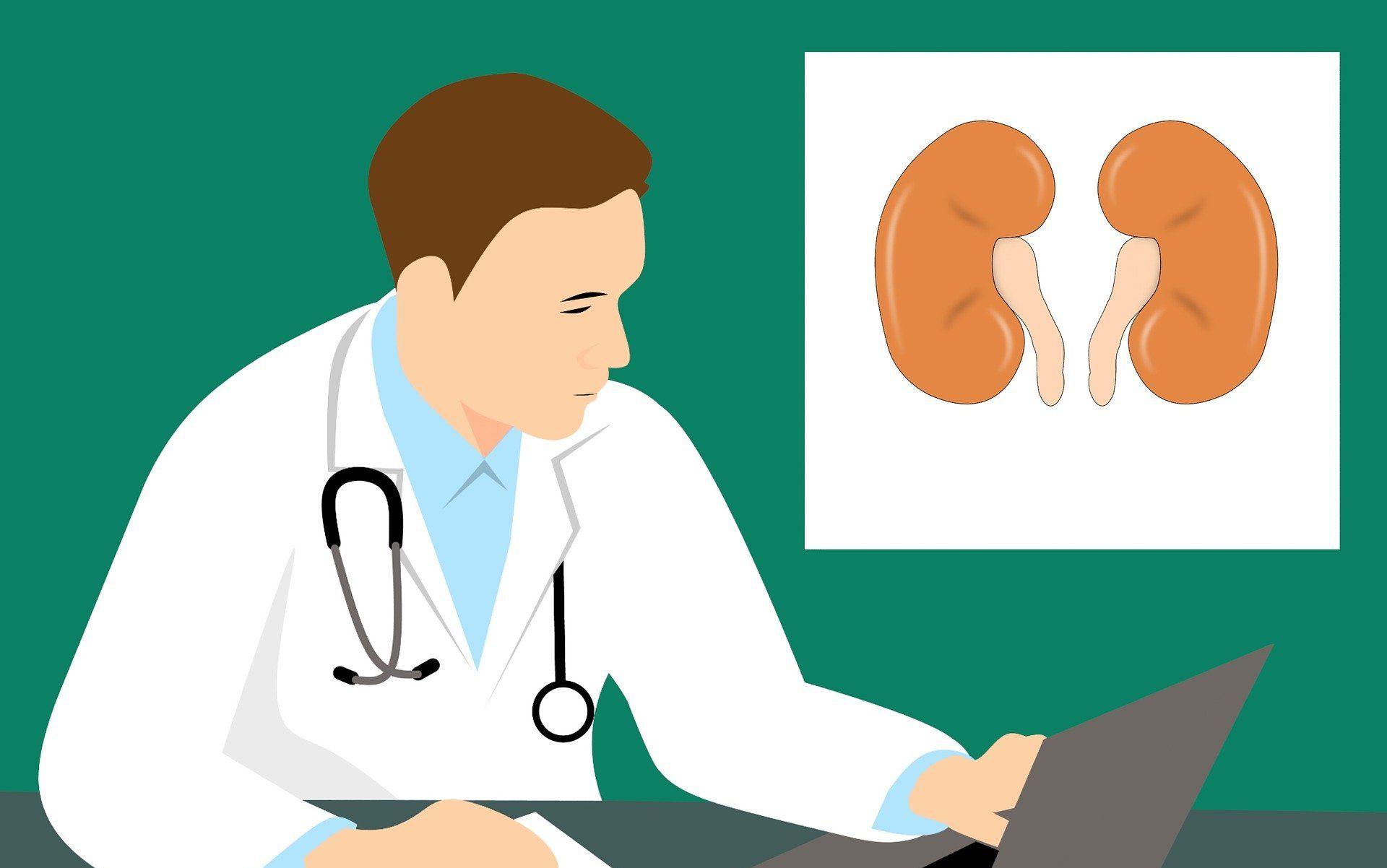To reduce infections and organ rejection, the UMCG will use the activity of a virus to measure the immune system in kidney transplant patients.
During a transplant, the recipient’s immune system is reduced to ensure that the organ is not rejected. However, too much suppression of the immune system can lead to infections.
It is therefore important to map out how strong a transplant patient’s immune system is, in order to determine the amount of anti-rejection medication. The UMCG will use the so-called ‘TT virus’ for this. This recently discovered virus is present in the blood of almost all people. People don’t get sick from it, but the immune system does tackle the virus. The virus therefore seems to be an ideal indicator to determine how strong the patient’s immune system is.
300 kidney transplant patients from all over Europe are taking part in the study. Kidney transplant patients from the UMCG can participate in this study through the Department of Medical Microbiology and Virology. “We have been looking at possible applications of this virus in transplant patients for some time now,” says UMCG virologist Coretta van Leer. “This European project offers us the opportunity to investigate this.”
The research will last 5 years. In the future, the TT virus could help not only recipients of kidney transplants, but also patients with liver, heart and lung transplants. It could also help in the management of autoimmune, infectious and oncological diseases.
–


